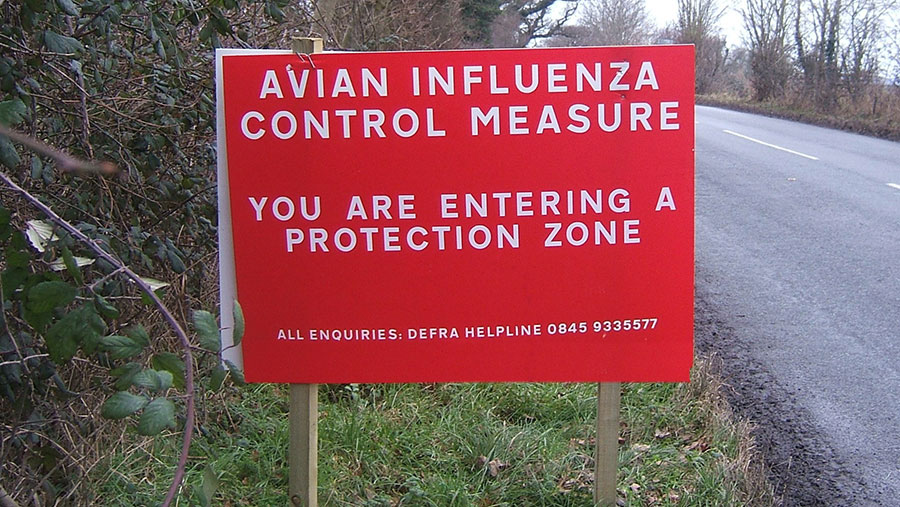Avian flu case decline sparks housing order optimism
 © Adobe Stock/Leslie Batchelder
© Adobe Stock/Leslie Batchelder A marked drop-off in the number of avian influenza cases has raised hopes that the mandatory housing order for outdoor flocks could soon be lifted.
The housing order was first imposed on 7 November in a bid to tackle bird flu cases as they peaked at record levels.
See also: Free-range eggs to be classified as ‘barn eggs’
In the five weeks leading up to the order there were almost 100 cases of the disease in UK flocks.
Since October 2022, England has recorded 148 cases; Scotland 21, Wales five and Northern Ireland one.
But in the past five-week period there have been just six outbreaks.
Urging flock keepers not to drop their guard, British Free Range Egg Producers Association chief executive Robert Gooch said he was “cautiously optimistic” that this meant the housing order could be lifted soon.
The virus has not gone away, Mr Gooch said, pointing to an outbreak on a commercial broiler unit in Cumbria over the weekend.
“We need to ensure that biosecurity is maintained at the highest level and be mindful about complacency against the risk that remains,” he said.
But the decline in cases is marked and he expects Defra to lower the disease risk status when it next reviews the threat to UK flocks.
Unusual outbreak
Mr Gooch suggested the housing order may have played a part in getting on top of the virus, but said the 2022-23 outbreak had been “unusual”.
The virus continued through the summer, peaked in autumn and then fell away during bird migration – just when cases would be expected to be sustained.
“We are waiting for the epidemiologists’ report into this season’s outbreak to suggest why this might be,” Mr Gooch said.
“It may indeed be due in part to the housing order, but it could be that immunity among flocks has risen.”
Whatever the outcome, it is certain that this viral strain has acted differently, and that has been a wake-up call, Mr Gooch added.
